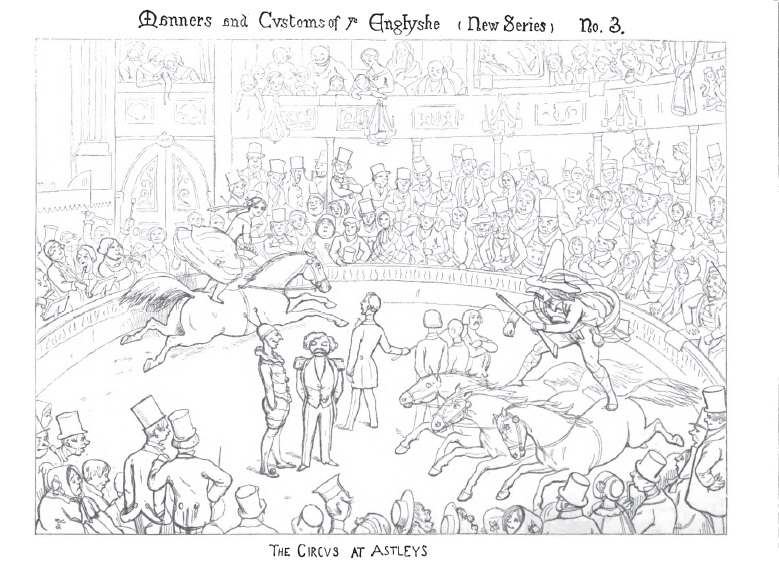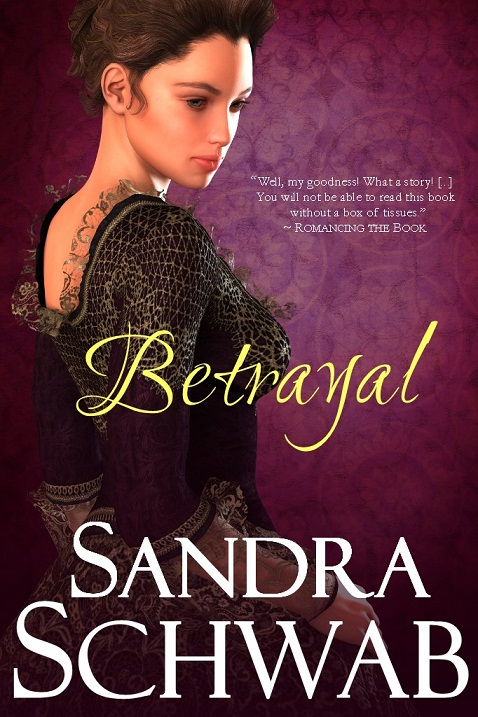 Do you ever catch yourself wishing you had a cook and a housekeeper? How about a lady’s maid to do your hair, or a footman you could send to the store? My schedule imploded this week thanks to a big surprise project at work, and once again I caught myself wishing for that kind of extra help.
Do you ever catch yourself wishing you had a cook and a housekeeper? How about a lady’s maid to do your hair, or a footman you could send to the store? My schedule imploded this week thanks to a big surprise project at work, and once again I caught myself wishing for that kind of extra help.
My family has already pointed out to me that clones wouldn’t do. They would be just like me, and therefore likely to enthusiastically embrace new projects, rather than merely help complete the existing ones, so they would multiply the problem rather than solve it. (sigh)
If you could have whatever servants you wanted, which ones would you choose? Our modern conveniences have made some servant jobs obsolete –scullery maid, for instance. In a large Regency household, the scullery maid washed all the dishes, pots, and pans, not only for the family, but also those used by the other servants, all of whom outranked her. Today the dishwashing machine handles most of that.
I don’t think I need a butler, either, even though in the Regency the butler might reign supreme over all the other servants in a household where there wasn’t a steward over him. The butler managed the wine cellar, looked after the good silver cutlery and plate, and supervised all the male servants in the household under him, especially the footmen who served the family and guests at dinner. He sorted the mail (well, on second thought, that still might be useful to me), and welcomed or turned away the visitors who came to call. (We have few visitors. Could a butler manage my social media?)
The housekeeper was, in many households,  of nearly equal rank with the butler, and often was trusted with keeping accounts and other management duties, which might have been shared with him. It was her job to supervise all the female servants under her, which would have included all the different types of maids (chamber maids, house maids, laundry maids) and sometimes, the cook, although male cooks were preferred in the wealthiest households, and in many homes the cook and housekeeper were equals.
of nearly equal rank with the butler, and often was trusted with keeping accounts and other management duties, which might have been shared with him. It was her job to supervise all the female servants under her, which would have included all the different types of maids (chamber maids, house maids, laundry maids) and sometimes, the cook, although male cooks were preferred in the wealthiest households, and in many homes the cook and housekeeper were equals.
A housekeeper and a couple of maids would be very welcome in my house –for paying the bills, keeping track of supplies, tending to my clothes, and getting rid of the unwanted stuff that accumulates around here! Most especially, for CLEANING. Everything! And a cook would be worth her weight in gold in my household.
Footmen. Well, who wouldn’t want a couple of those? In the Regency, footmen seeking positions often included their height as part of their qualifications. It seems that you wanted your footmen to come in matched sets, and the more handsome, the better! Experience, reliability and character were not enough. Footmen were handy because they could accompany you on errands and carry your packages, open doors, or if visiting, they would go to the door and present or leave your card. They could assist you in and out of you high carriage if you actually needed to get out. They waited on table at meals, and might be charged with answering the door if the butler was busy with other tasks. These days? I would love to send my footman to run my errands –think of all the time that would save!!
I admit I don’t have need for a coachman or a groom, thank you, but a gardener would be heavenly! For a place that has no lawn, our property needs an awful lot of pruning, weeding, and other kinds of yard care.
 Of course, having servants meant having enough of the ready to cover the cost. During the Regency, there was a tax to be paid on male servants in addition to their wages, their room and board, and the additional expense of clothing them and providing for incidentals. (A candle to light their room at night? Extravagant!) That was one reason the more modest households often employed only female servants. Females were also paid lower wages, even for similar work. (Hmm, some things take a long time to change.) Servants also had to be paid “board wages” if the employer’s family was not in residence for any length of time.
Of course, having servants meant having enough of the ready to cover the cost. During the Regency, there was a tax to be paid on male servants in addition to their wages, their room and board, and the additional expense of clothing them and providing for incidentals. (A candle to light their room at night? Extravagant!) That was one reason the more modest households often employed only female servants. Females were also paid lower wages, even for similar work. (Hmm, some things take a long time to change.) Servants also had to be paid “board wages” if the employer’s family was not in residence for any length of time.
Even other people’s servants cost you money in the Regency, for tips (called vails) were expected, especially if you were visiting. Do you remember to leave a tip for your chamber maid when you stay at a hotel? Well, the same was expected then when you stayed at someone’s country house, and not only for the maid who tended your room, but any other servant who gave you service, whether it was the butler, the groom, or the host’s valet on loan to help your husband with his attire. (A valet today would probably refuse to work with my husband’s wardrobe!) These costs had to be considered before accepting just any invitation.
Employers not only had to follow the terms of the employment contracts, but they had to observe the strict social pecking order among the servants themselves. Heaven forbid if you asked one servant to perform a task that was the duty of another!
If you’re interested in more information about types of servants, wages paid, and more, the blogpost at: https://countryhousereader.wordpress.com/2013/12/19/the-servant-hierarchy/ has some of that information and a good bibliography at the end of it. Another good article is at: http://rth.org.uk/regency-period/family-life/servants. Authors Donna Hatch and Geri Walton, among others, have done more in-depth articles on this and related topics. Thanks to my crazy week (and lack of servants), this had to be a quick one!!
Having some live-in “help” seems like such a great idea, until you begin to weigh the complications of it. I have a feeling the maids would take one look at my house and run away screaming. (or I would need a bunch of them!!)
 Maybe I’m okay just muddling through on my own, thank you –unless a big enough chunk of cash comes along with the fantasy servants I’m wishing for!
Maybe I’m okay just muddling through on my own, thank you –unless a big enough chunk of cash comes along with the fantasy servants I’m wishing for!
How would you have fared in the Regency world having servants? Which ones would you still wish you could have today?






